Hurricane Melissa Relief Scams: How Criminals Exploit Disaster
NetmanageIT OpenCTI - opencti.netmanageit.com

SUMMARY :
In the aftermath of Hurricane Melissa's devastating impact on Jamaica in October 2025, cybercriminals swiftly exploited the crisis through various online scams. These included phishing campaigns, fake charity drives, and fraudulent financial-relief websites impersonating legitimate aid organizations. The scams targeted people's compassion and urgency, often launching within hours of the disaster. A notable example was a cryptocurrency donation site with multiple tiers, using static images and fake transaction data to appear legitimate. Multiple fraudulent domains were detected, many soliciting cryptocurrency donations. These scams not only defraud individuals but also erode public trust in digital charity infrastructure, highlighting the need for awareness, verification, and collaboration between cybersecurity firms, governments, and relief organizations to combat such threats.
OPENCTI LABELS :
domain spoofing,phishing,social engineering,cryptocurrency,scams,fake charities,hurricane,disaster relief
AI COMMENTARY :
1. In October 2025, Hurricane Melissa tore through Jamaica leaving a trail of destruction and vulnerability that cybercriminals wasted no time exploiting. Within hours of the storm’s impact, online fraudsters launched phishing emails and social media campaigns masquerading as official relief channels. Victims seeking to help or receive aid found their compassion weaponized as attackers directed them toward fraudulent sites and fake charity appeals, undermining genuine recovery efforts.
2. The scammers deployed a range of tactics designed to prey on urgency and trust, including domain spoofing to mimic legitimate organizations. Phishing emails carried realistic logos and convincing language, urging recipients to click links or download attachments that installed malware or harvested personal data. Social engineering techniques further amplified the threat by manipulating emotions and creating a false sense of legitimacy through tailored communication that appeared to come from recognized relief agencies.
3. A particularly insidious campaign involved a cryptocurrency donation platform offering multiple tiers of giving, each accompanied by static images of beneficiaries and fabricated transaction records. By accepting bitcoin and other digital assets, the fraudsters shielded their operations from traceability and accountability. Investigators identified several fraudulent domains registered in the aftermath of the hurricane, many containing minor spelling variations of known charities or relief funds to deceive well-intentioned donors.
4. The immediate financial gain for criminals was only part of the damage. As these scams proliferated, public confidence in digital charity infrastructure suffered. Genuine relief organizations faced increased skepticism, forcing them to devote resources to reassure donors and implement more rigorous verification measures. The erosion of trust threatened to slow legitimate aid delivery at a time when speed and efficiency were most critical for people affected by the storm’s devastation.
5. Combating disaster-related threat intelligence requires a coordinated response that spans the private sector, government, and non-profit relief organizations. Cybersecurity firms can monitor and takedown malicious domains while governments and internet service providers enforce stricter registration and hosting practices. Relief agencies must educate donors on verifying official communication channels, promoting the use of secure payment portals and registry services vetted by recognized authorities.
6. Hurricane Melissa’s aftermath underscores the evolving nexus between natural disasters and cybercrime. Raising public awareness, enhancing real-time threat intelligence sharing, and forging partnerships across disciplines will be essential to disrupt criminal schemes and protect the generosity that sustains communities in crisis. Only through collective vigilance and proactive verification can we ensure that disaster relief efforts reach those in need rather than lining the pockets of opportunistic fraudsters.
OPEN NETMANAGEIT OPENCTI REPORT LINK!
Use public read only username and password on login page.
NOTE : Use Public READ only user credentials on login page banner.
Hurricane Melissa Relief Scams: How Criminals Exploit Disaster


